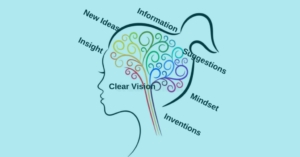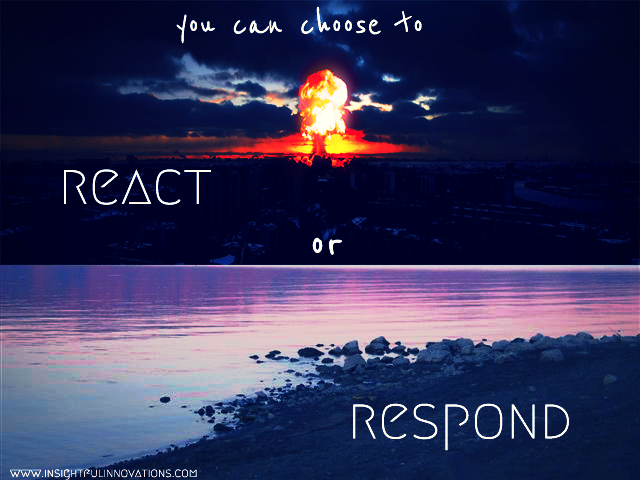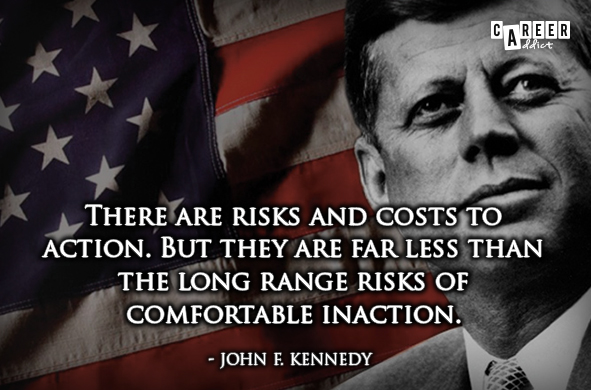 Many health professionals will tell you that staying appropriately hydrated (by drinking 64 to 100 ounces of water per day) is critical to one’s all-around health.
Many health professionals will tell you that staying appropriately hydrated (by drinking 64 to 100 ounces of water per day) is critical to one’s all-around health.
The thing about hydrating is that it’s a process: water in, water out, water back in….
I’ve been thinking about the hydration process, as it might metaphorically represent my brain.
Data in, concept organized, belief founded, and then it sometimes stops there. It’s kind of a one-way street.
We call it “knowledge”: We “know” things we learned yesterday, last week, 10 years ago, when we were six years old. Those things are pretty much still stuck in there.
If I hydrate and don’t eliminate, I get bloated. My weight goes up unexpectedly as every cell in my body hangs on to little droplets of water. I probably get sick.
Yet I can stick data in my brain, create a belief out of it, “know” the rightness or wrongness of something, and never eliminate it and replace it.
Sir Francis Bacon coined the phrase “Knowledge is power” in 1597. Hewlett-Packard used it in the 1980s to sell computer hardware. It seems like a “common sense” concept. Certainly I will have a problem dealing with an issue if I do not possess the necessary information (the knowledge) needed to deduce a solution.
Frequently a solution isn’t called for. A mere opinion will do. And where does that opinion come from? From my knowledge—no matter how old the information is. Is it possible that my brain can be bloated by old data?
16th-century Japanese warlord Takeda Shingen saw knowledge differently. He said, “Knowledge is not power; it is only potential. Applying that knowledge is power. Understanding why and when to apply that knowledge is wisdom!”
How many times do we hear people’s opinions (the vocalization of their knowledge) that aligns with ours? How many times do we hear challenging opinions—again, based on the information those individuals possess? Both of these situations depend completely on their knowledge. So what if their data is, at a minimum, incomplete or perhaps totally inaccurate?
My experience lately has been that knowledge can actually impede learning. When my brain is completely hydrated (all the data needed is stuffed in there), it seems like there is no room left for new data. I already “know” the answer, so why should I spend energy seeking new information just to confuse my understanding of the situation? Unless I consciously de-hydrate (eliminate some of my old data/knowledge) my opinions and solutions will likely not change. And so I don’t learn.
I believe we’ve all fallen prey to this challenge from time to time. I know I have. The approach I’m currently employing is acknowledging a healthy dose of doubt. I know. Doubt is a bad word. We’re not supposed to doubt. We’re supposed to be confident in our knowledge. “Knowing” is more comfortable, stable, and trustworthy. And it certainly can lead us down a dark path if our information is not accurate.
Lately I’ve heard the cry that “We have to trust science.” Well, when I was a youngster, the atom was the smallest particle and Pluto was a planet. That was science. Pure science is in the profession of proving itself wrong. It’s an ongoing process. Science is perpetually adding new data and subtracting the old from its knowledge base in order to keep its wisdom credible and current. Even in this pandemic era, the trusted men of medicine and science are continually altering their advice and projections as they add new information, sometimes daily.
Couldn’t I do the same thing? Couldn’t I doubt what I “know” about something or someone and concede that my information may not be complete or accurate and allow new data in?
Couldn’t you?
Science still wants you to drink plenty of water.



